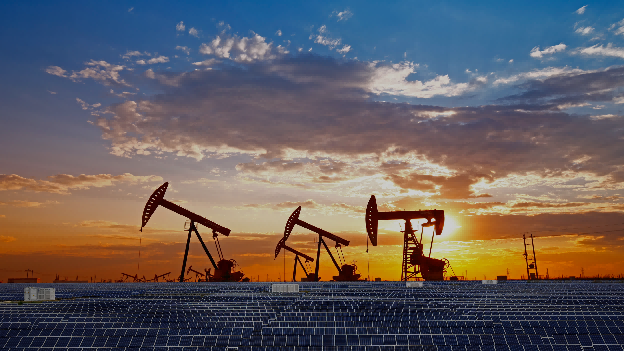
7 月 . 25, 2024 07:45 Back to list
Innovative Solutions for Efficient Management of Distributed Energy Storage Systems in Modern Grids
Distributed Energy Storage Solutions A Pathway to a Sustainable Future
As the world increasingly shifts toward renewable energy sources, the need for effective energy storage solutions becomes ever more critical. Distributed energy storage systems (DESS) are emerging as a key component in this transition, providing a flexible, decentralized approach to managing energy resources. With the growing incidence of renewable energy generation from sources like solar and wind, the demand for efficient storage solutions that can balance supply and demand is greater than ever.
The Importance of Energy Storage
Energy storage systems play a pivotal role in enhancing the reliability and efficiency of electrical grids. They allow for the storage of excess energy generated during periods of high production (such as sunny or windy days) and the release of that energy during peak demand times or when generation is low. This capability not only helps to stabilize the grid but also increases the penetration of renewable energy sources, which are often intermittent by nature.
What is Distributed Energy Storage?
Distributed energy storage refers to the deployment of energy storage technologies close to the point of use, rather than centralized locations. These systems can be integrated into residential, commercial, and industrial settings. Popular technologies include lithium-ion batteries, flow batteries, and even newer solutions like hydrogen storage and thermal storage systems. DESS enables users to store energy generated from on-site renewable sources, like solar panels, and helps to reduce reliance on centralized fossil fuel-based power plants.
Advantages of Distributed Energy Storage Solutions
1. Enhanced Grid Resiliency Distributed energy storage solutions enhance the resilience of electrical grids. In case of outages or fluctuating energy supply, these systems can provide backup power, thus reducing the vulnerability of communities to disruptions.
distributed energy storage solution

2. Cost-Effectiveness By enabling energy consumers to produce and use their own energy, DESS can help reduce electricity bills. Homeowners and businesses can store energy during off-peak hours when rates are lower and use it when rates are higher.
3. Support for Renewable Integration DESS facilitates higher integration of renewable energy sources by stabilizing supply fluctuations. This capability is crucial in achieving national and global renewable energy targets and reducing greenhouse gas emissions.
4. Decentralization of Energy Production Distributed systems support a move away from centralized energy generation to a more decentralized model. This change empowers communities, enhances local economies, and encourages energy independence.
5. Innovative Business Models DESS enables innovative business models, such as virtual power plants (VPPs), where distributed storage assets can be aggregated and managed to provide grid services, thereby creating new revenue streams for users.
Challenges Ahead
Despite the numerous benefits, the adoption of distributed energy storage solutions is not without challenges. High initial costs, regulatory barriers, and limited public awareness can hinder the widespread implementation of these technologies. Moreover, advancements in battery technology and recycling processes are necessary to mitigate environmental concerns related to resource extraction and waste management.
Conclusion
Distributed energy storage solutions represent a transformative opportunity in the realm of energy management. As technology continues to evolve and regulatory frameworks adapt, these systems will play a crucial role in creating a sustainable and resilient energy future. By investing in and adopting DESS, communities can not only enhance their energy independence and economic resilience but also contribute meaningfully to the global push towards a more sustainable future. The time for embracing distributed energy storage is now, and its widespread adoption will pave the way for a cleaner, greener planet.
-
FREMO Portable Power Station High-Capacity, Lightweight & Reliable
NewsMay.30,2025
-
24V DC Power Supply Certified & Efficient Home Depot Exporters
NewsMay.30,2025
-
12V 2A DC Power Supply for Home Depot Trusted Supplier & Exporter
NewsMay.29,2025
-
Energy Storage Power Station Solutions Reliable & Efficient Products
NewsMay.29,2025
-
Portable Power Station R100 High-Capacity & Reliable Backup Power
NewsMay.29,2025
-
Energy Management System EMS
NewsMar.07,2025


